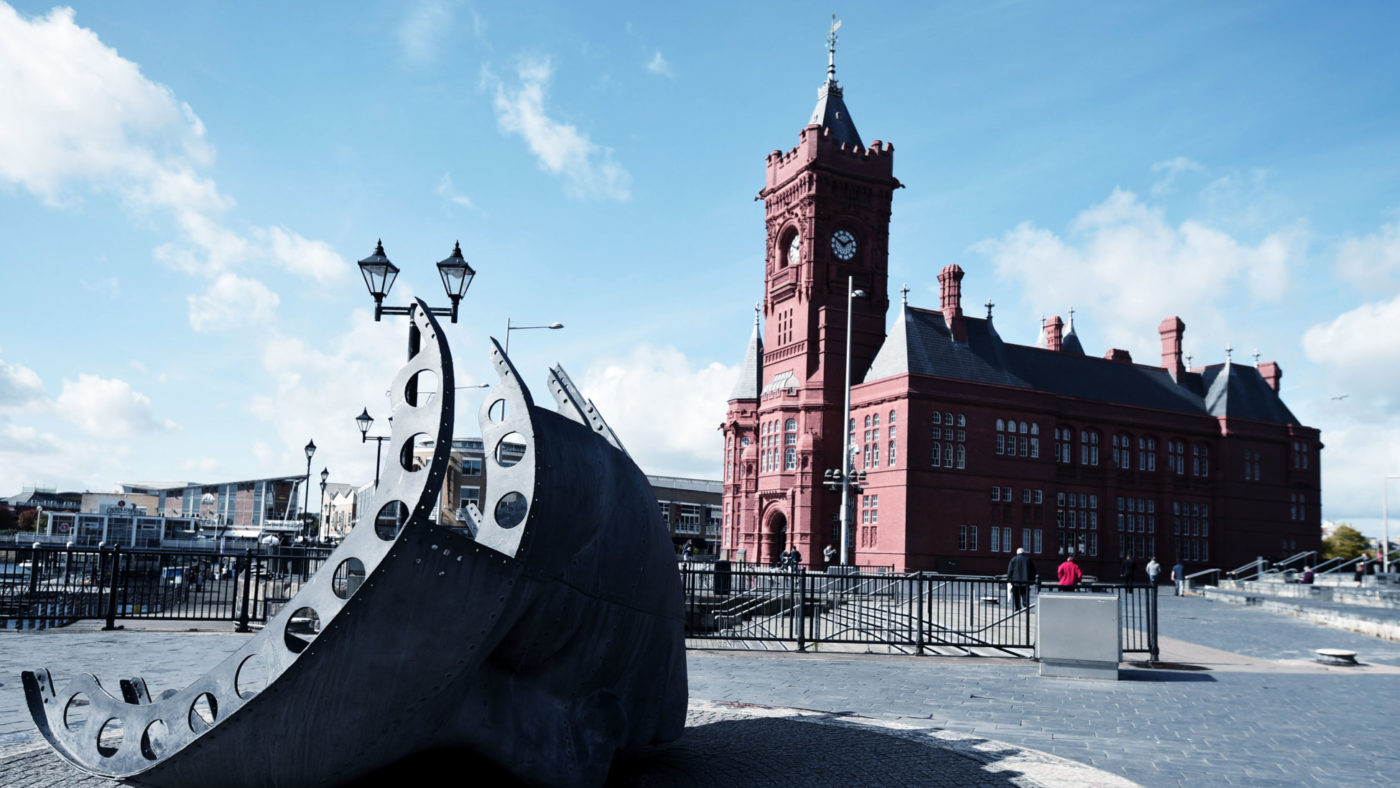The same party in power for two decades. Life expectancy in some areas barely scrapes past 60. A subsidy-addicted society haemorrhaging its best and brightest.
This is not some impoverished post-Communist banana republic. It is the reality of Labour Wales – lauded by Jeremy Corbyn as an example for a future UK Labour government to follow – but oft-overlooked by British free-market commentators and politicians.
When proselytising about the perils of socialism, they prefer to cite a Cuba or a Venezuela. These names do not resonate with voters because they are either too historical, or too geographically removed to have any significance. The Labour administration in Cardiff Bay offers a far more relevant and equally damning indictment of socialism precisely because it is a real-time example unfolding over the Severn Bridge.
Just last week came confirmation of its plans to push ahead with a tourist tax, despite evidence from industry experts suggesting the measure would reduce visitor spending.
The latest instance of Welsh Labour putting socialist dogma before good policy embodies the hold a hollowed-out “Clear Red Water” doctrine exerts over ministers. Articulated in 2002 by the late Rhodri Morgan, “Clear Red Water” in its original incarnation cogently stressed the philosophical differences between Welsh and New Labour. Today, the meaning of “Clear Red Water” has regressed to little more than a coda for “doing things differently from England because we can.”
This fusion of soft nationalism with Left-wing policy prescriptions has – by every conventional indicator – been a failure.
Wales, so renowned for its emphasis on the upwardly mobile vigour of “gwerin”, is now is the UK’s educational basket-case. Welsh students perform worse in PISA tests than their English, Scottish, and Northern Irish counterparts.
At GCSE and A-level the same lag pervades because of the 2001 decision to scrap league tables, which created a vacuum in performance measurement and improvement. A subsequent study by Bristol University found that scrapping league tables cost disadvantaged Welsh students two grades at GCSE level, relative to disadvantaged English students. That attainment gap endures into A-level, exacerbated by Labour’s Welsh Baccalaureate.
Both the league table and baccalaureate were conscious efforts to shape a distinctively “Welsh” education agenda – one that rejected England’s “marketisation”. Yet in Wales, where there are no academies or free schools, 16 year-olds are less likely to leave school with five GCSEs than in England.
It is not just Welsh young people being failed. Despite vaunted welfarist policies such as free prescriptions, free bus passes, and free school meals, little has changed for the poorest. Wales still has the highest proportion of low-income households in the UK and highest rates of childhood poverty, while in some areas the average life expectancy is lower than in Haiti or Laos.
Meeting deprivation with subsidised entitlements shores up the party’s core vote by allowing them to claim a monopoly over “guarding” their interests. Paradoxically, these interests are betrayed by Labour’s refusal to even countenance – let alone tackle – the historical structural causes of poverty in Wales.
Another stock Labour response to deprivation is dirigiste initiatives like Canolfan Cywain, a £1.8 million rural heritage centre in North Wales. Funded with EU and Welsh Government money, it opened in 2008 to much fanfare. Four years later the centre closed, citing insufficient visitor numbers.
Such endemic deprivation, coupled with the lowest average UK take-home pay, makes Wales’s graduate “brain drain” unsurprising. From 2013 to 2016, more than 44,000 left Wales.
This trend is especially pronounced among Welsh medical graduates. Wales has fewer GPs per head than both Estonia and Latvia – just 2.75 for every 1,000 people.
On top of that, Welsh NHS waiting times trail the health service in England for most key diagnostic and treatment indicators. This is partly the by-product of demographics. As with education, however, one cannot help but feel the performance gap is down also to systemic divergence. The Welsh system eschews the relative autonomy and choice of England’s. Studies by the University of Bristol and the London School of Economics suggest the New Labour-era reforms rejected by Welsh Labour did improve patient outcomes.
The absence of competition in Wales acts as a shield for inefficient or poor practice. It took two years of warnings about the quality of care at hospitals under the aegis of the Betsi Cadwaladr health board before it was taken into special measures by the Welsh Government. Even then, this has not substantially improved outcomes.
Socialism is holding Wales back. In healthcare, in education, economically and socially, Labour has continually failed Welsh citizens. Pointing this out sees one accused of talking Wales down. But Welsh Labour is not Wales. Nor is it inevitable that Wales has to accept socialist stagnation. Making that second argument depends on how effectively opponents in both Cardiff Bay and Westminster tackle the first.


